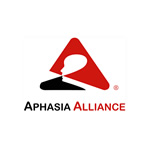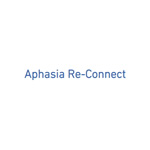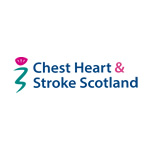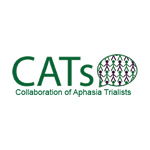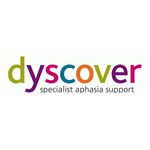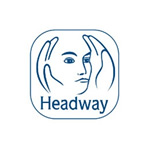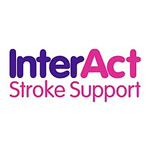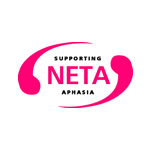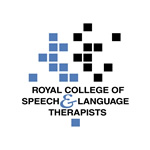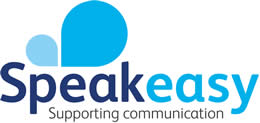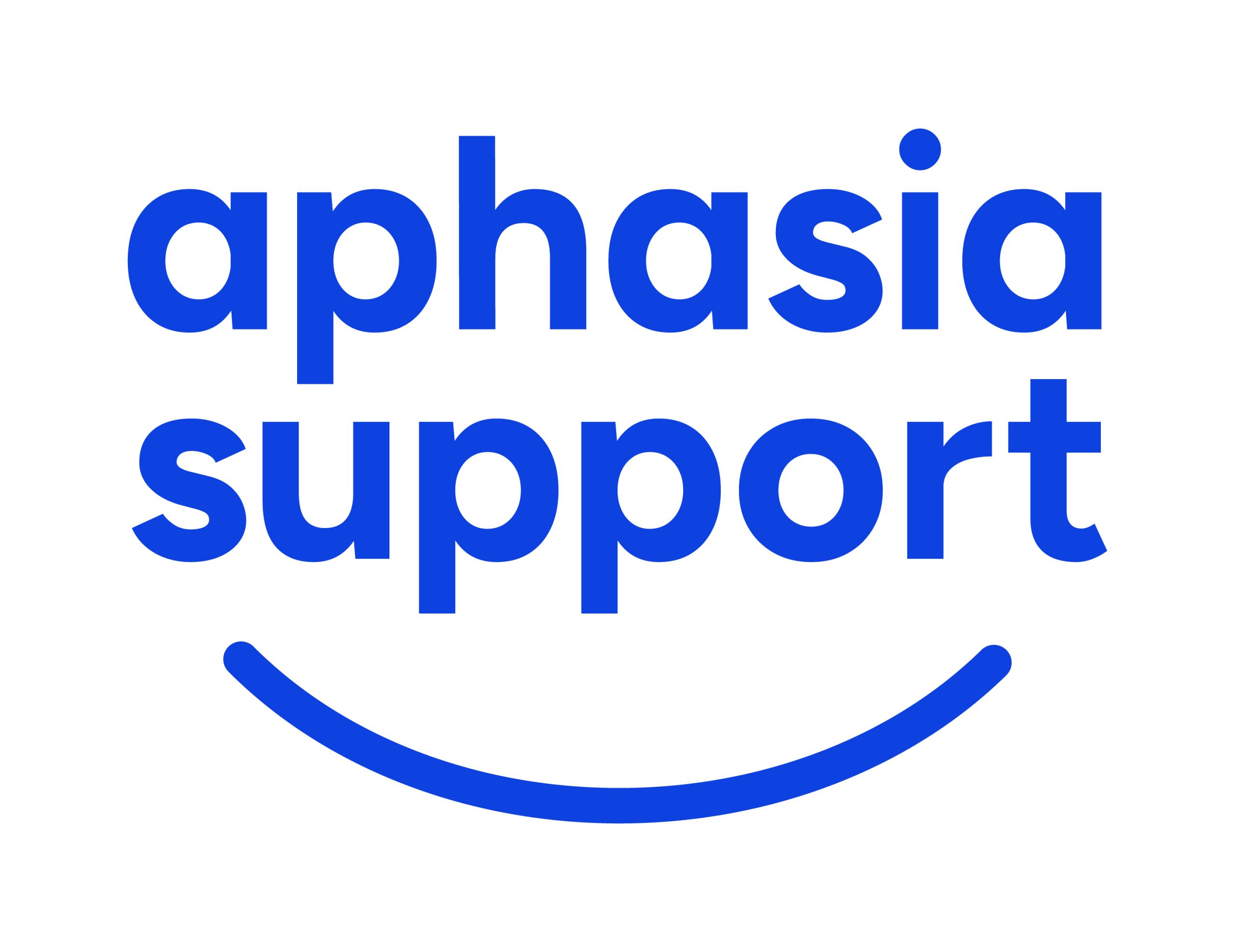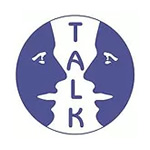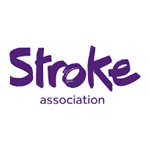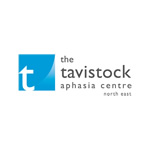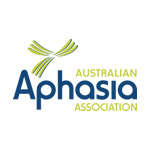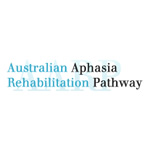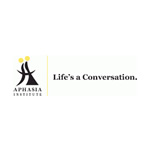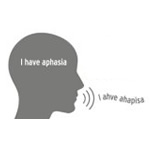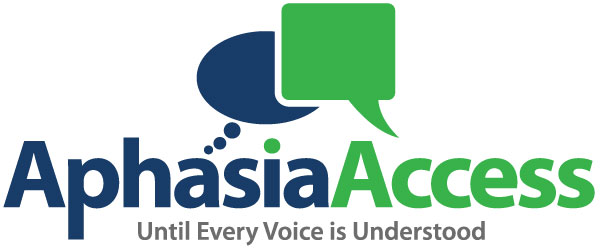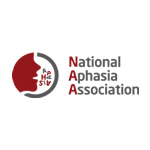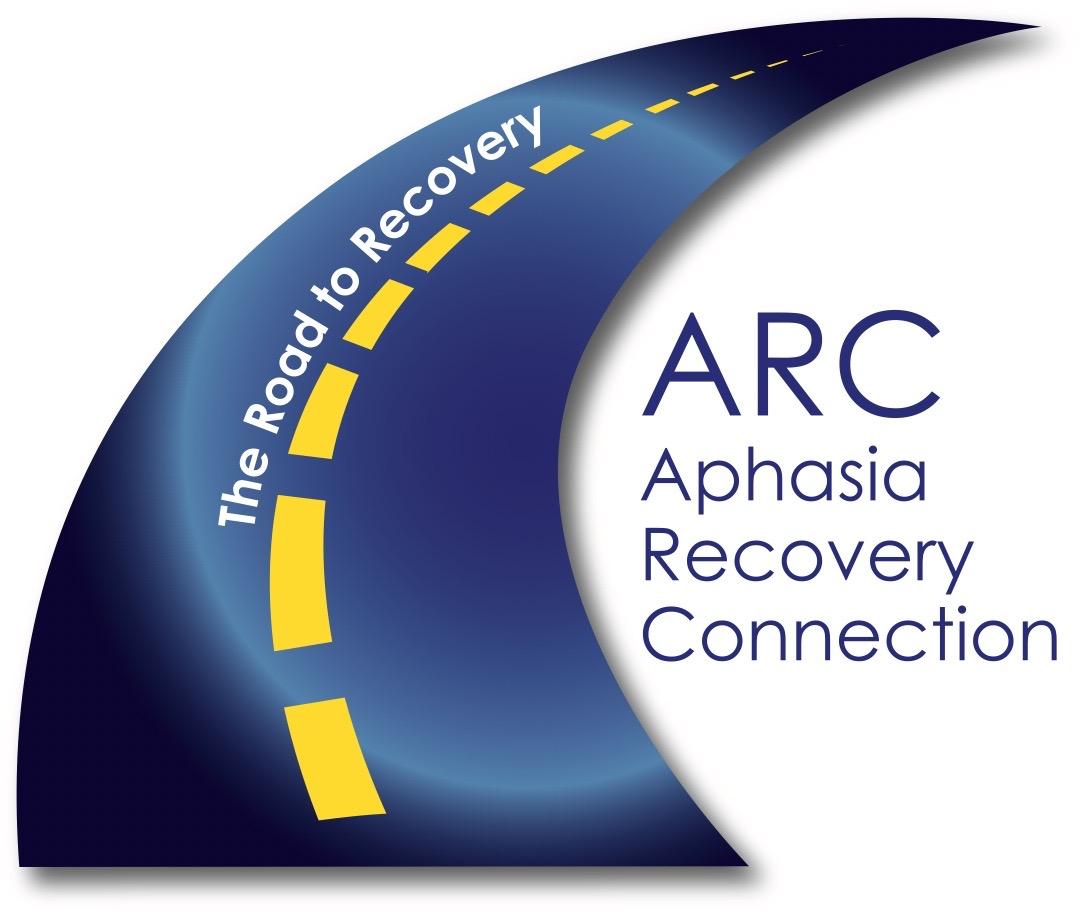What is Aphasia and Useful Links
Aphasia
People with aphasia find it hard to speak, read, write, understand language and use numbers. It can be a very frustrating and isolating condition, and that can dramatically reduce someone’s quality of life. At least 350,000 people in the UK have aphasia, most often caused by stroke. Aphasia can also be caused by head injuries or other neurological conditions. Aphasia is different for each person who has it. It is often described as like having the word you are trying to find on the tip of your tongue all the time.
The Tavistock Trust for Aphasia (TTA)
As the only grant-making trust in the UK to focus solely on aphasia, the TTA is amongst those who are committed to ensure the best possible research is being undertaken and services and support developed for people with aphasia, their families and carers. More videos can be found on the Aphasia Alliance website click here.
Videos
If you are looking for more information about aphasia, there are now several videos on the internet, but they vary in quality. Here is a small selection that might be of interest:
- What is aphasia (5.10 minutes):a short animated film that briefly explains aphasia by the National Aphasia Association, USA.
- Imagine Life without Words (7 minutes): a short Australian video where actors illustrate how having aphasia can impact on everyday life.
- Aphasia Etiquette (2.12 minutes): a Stroke Association video narrated by John Humphreys that offers tips for communicating with someone with aphasia.
- Aphasia: What a difference some help makes ( 4.40 minutes):a short video by Dyscover, demonstrating the impact of practical support from a communication partner.
- Heart to Heart (3.51 minutes): a short animation set to music describing impact of aphasia – can be helpful explaining aphasia to children.
- Personal Testimony: Sarah Scott has filmed a series of videos each year, since her stroke in 2009, they chart her recovery.
Here are 2 examples, one filmed in 2010 ( 7.18 minutes) and one filmed in 2020 (11.33 minutes). - Speechless – 1 hour long documentary first broadcast in 2017 and now available on The Wellcome Library website.
Speechless tells the stories of two men, Junior Agogo and Barry, who can no longer use speech after suffering strokes. Much of the film is made in the Neurorehabilitation Unit of the National Hospital for Neurology and Neurosurgery in London’s Queen Square.
Credits: A Wingspan Production for BBC Four ; directed by Richard Alwyn ; assistant producer, Laura Sunnucks ; executive producer, Archie Baron.More videos are available on the Aphasia Alliance website, click here
If you are looking for aphasia organisations and resources, the links below might be useful:
 The
The 